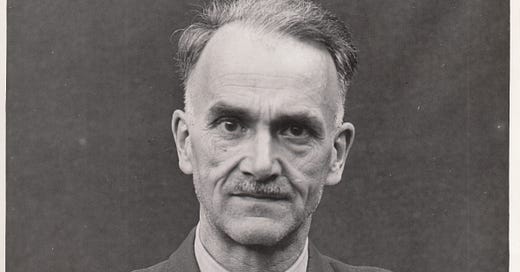1947-07-19, #5: Doctors' Trial (Oskar Schroeder's personal statement)
THE PRESIDENT: I now call upon the Defendant Schroeder.
DEFENDANT SCHROEDER: It is very difficult for a defendant to find the right last word here. In methodical, detailed work throughout the last months, the defense has tried to rebut the charges of the Prosecution.
If the Prosecution states now in its final plea that details do not matter so much but that the entire complex of questions has to be considered as a whole, one has to look at matters as at a bundle of sticks, not as individual branches and twigs of the bundle. If, furthermore, the Prosecution refers to a sentence pronounced in the Far East by an American Military Court, by which a Japanese General and military commander was sentenced only because, as a commander, he had the responsibility for all the acts of his troops, regardless of whether he ordered them, knew of them, approved of them, or did not even know of them—if, Gentlemen of the Tribunal, these principles are decisive for proceedings, then I have to ask, why bother at all to start proceedings of that kind, to prepare them, and to carry them out? Those decisions could be made much more quickly.
What can I, as a defendant, say against these arguments? That is easily seen by my work, my actions as a doctor and soldier in 35 years of service. Not ambition for glory and honor was the content of my life's work, but the firm intention to put my entire capacity, my full knowledge, into the service of my beloved Fatherland, to help the soldier, as a physician, to heal the wounded, which war-time and peace-time service has created, as a practical physician for the individual, as well as the medical officer for the mass of troops which were in my care.
That was the path and the goal of my work. I do not believe that I have deviated from that path. My eyes were always fixed in the direction of the final goal, to help and to heal.



